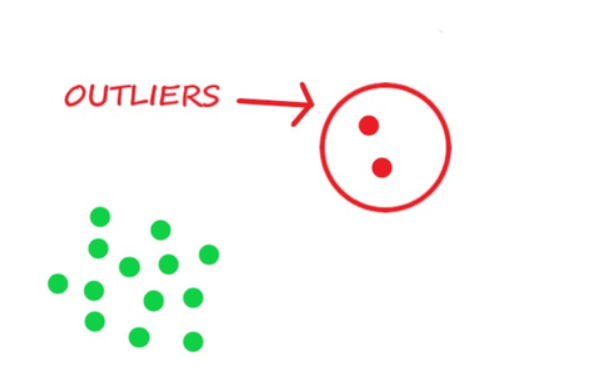Question: May a vector space have more than one zero vector?justify. Let \(v = {(a_1, a_2):a_1, a_2 \in R}\). for \((a_1, a_2)\) , \((b_1, b_2)\) = \((a_1 + 2b_1, a_2 + 3b_2)\) and \(c(a_1, a_2)\) = \((ca_1, a_2)\) .Is v a vector space over f with these operations? justify your answer.
Solution:
Let a vector space have two zeros say 0 and 0^’. From $v_{s3}$ 0 is the identity under addition
Hence \(\forall x \in V\)
x + 0 = 0 + x = x…………(1)
also from $v_{s3}$ 0’ is identity under addition.
x + 0’ = 0’ + x = x……….(2)
From (1) and (2)
x + 0 = x + \(0'\) = x .
Hence there is unique zeros in vector space.
Second part
Here given
v = \({(a_1, a_2):a_1, a_2 \in R}\) for \((a_1, a_2),\ (b_1, b_2) \in V\) and \(c \in R\)
Define \((a_1, a_2) + (b_1 , b_2) = (a_1 + 2b_1, a_2 + 3b_2)\) and \(c(a_1, a_2) = (ca_1, a_2)\)
\(V_{s1}:\) for \((a_1, a_2), (b_1, b_2) \in V\)
\((a_1, a_2) + (b_1, b_2) = (a_1 + 2a_2, b_1 + 3b_2) \neq (a_2 + 2a_1, b_2 + 3b_1) \neq (b_1, b_2) + (a_1, a_2)\)
\(V_{s1}\) does not hold.
\(V_{s2}\): for \((a_1, a_2), (b_1, b_2) \in V\ and\ (c_1, c_2) \in V\)
\([(a_1, a_2) + (b_1, b_2)] + (c_1, c_2) = [ a_1 + 2b_1, a_2 + 3b_2] + (c_1, c_2) \neq\)
\((a_1 + 2b_1 + c_1, a_2 + 3b_2 + 3b_3) \neq (a_1, a_2) + [ b_1 + 2c_1, b_2 + 3c_2] \neq (a_1, b_2) + [(b_1, b_2) + (c_1, c_2)]\)
\(V_{s2}\) does not hold.
\(V_{s3}\):if there exist a element z = \((d_1, d_2) \in V\) such that \((a_1, a_2) + (d_1, d_2) =(a_1, a_2)\)
\((a_1 + 2d_1, a_2 + 3d_2) = (a_1, a_2)\)
\(a_1 + 2d_1 = a_1 \Rightarrow d_1 = 0\)
\(a_2 + 3d_2 = a_2 \Rightarrow d_2 = 0\)
This show that \((a_1, a_2) + (0, 0) = (a_1, a_2)\)
\(v_{s4}\):Let \(\forall (a_1, b_1) \exists (-a_1, -a_2) \in V\)
such that \((a_1, a_2) + (-a_1, -a_2) = [a_1 +(-2a_1), a_2 + (-3a_2)] = (-a_1, -2a_2) \neq (0, 0)\).
Hence \(v_{s4}\) does not satisfy.
\(V_{s5}: 1 \in F\ 1.(a_1, b_1) = (1.a_1, b_1) = (a_1, b_1)\)
\(V_{s6}: \forall x, y \in F\ xy(a_1, b_1) = x(ya_1, b) = x[y(a_1, b1)]\)
\(V_{s7}: \forall x, y \in F\ (x+y) (a_1, b_1) = [(x+y)a_1, b_1] = (xa_1 + ya_1, b_1)\)
also \(x(a_1, b_1) + y(a_1, b_2) = (xa_1, b_1) + (ya_1, b_1) = (xa_1 + ya_1, b_1 + b_2) = (xa_1 + ya_1, 2b_1)\)
\((x+y)(a_1, b_1) ≠ x(a_1, b_1) + y(a_1, b_1)\)
Hence \(v_{s7}\) does not satisfy.
\(V_{s8}\): \(\forall x \in F\) \(x[(a_1, b_1) + (a_2, b_2)] = x(a_1, b_1) + x(a_2, b_2)\) = \((xa_1, b_1) + (xa_2, b_2)\)
All the condition of vector space does not satisfy hence it is not vector space.



Comments